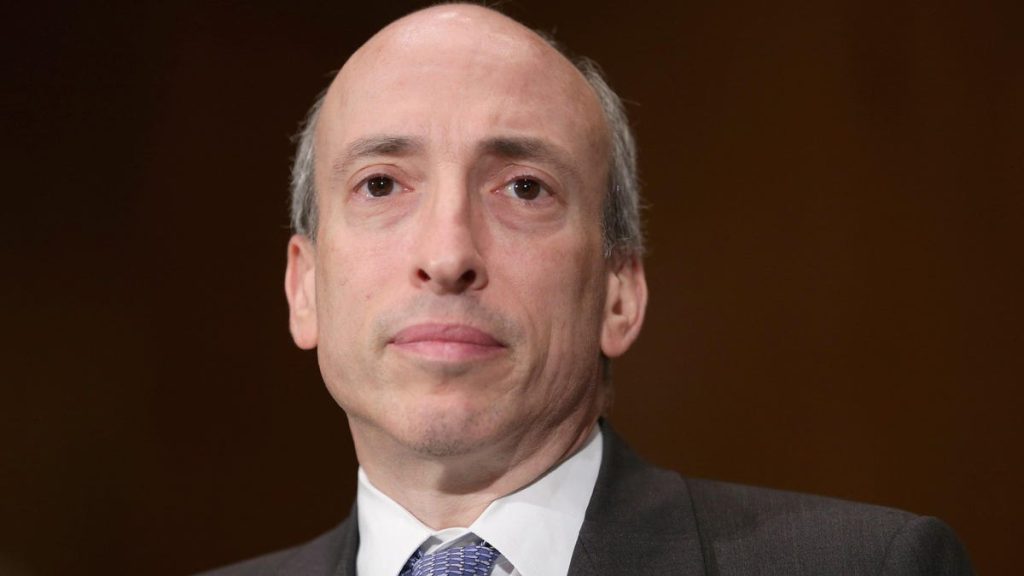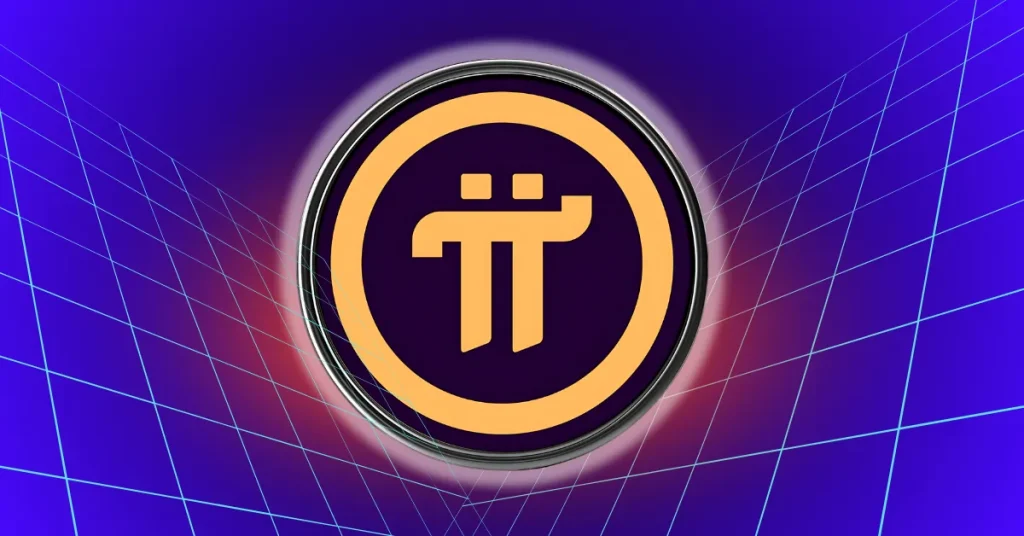
The post US SEC is Now Targeting DeFi as it Reopens 2022’s Proposed Regulations appeared first on Coinpedia Fintech News
The U.S. Securities and Exchange Commission (SEC) is set to reconsider a 2022 proposal on Friday that seeks to broaden the definition of an “exchange.” This move comes in response to concerns from the cryptocurrency industry, which is apprehensive about being inadvertently caught in the regulatory net.
Securities Exchange Rules to Decentralized Finance Projects
The U.S. Securities and Exchange Commission (SEC) appears to be setting its sights on decentralized finance (DeFi) as it reconsiders a proposal from 2022 that could classify DeFi platforms as exchanges requiring regulation. Last year, the SEC proposed broadening the definition of “exchange” to encompass a wider range of trading activities in the U.S., highlighting a “regulatory disparity” as some entities engaging in trading activity were not regulated as exchanges.
The SEC reviewed comments from the crypto industry last year, which criticized the initial proposal as an overreaching power grab that lacked sufficient clarity to be considered legitimate. In response to this criticism, the commission will vote on Friday on an updated proposal. If approved, the revised proposal would employ more explicit language to encompass DeFi within the expanded definition of regulated exchanges, and it would outline estimates of the potential costs this change could impose on the industry.
SEC Chair Gary Gensler asserts that a majority of crypto platforms currently function as unregistered securities exchanges, regardless of any modifications to the definition of an exchange. However, Gensler and the commission are prepared to “underscore the relevance of existing regulations to platforms trading crypto asset securities, including those known as ‘DeFi’ systems,” as outlined in an SEC fact sheet detailing the proposed changes.
DeFi Platforms Can’t Defy Security Laws
SEC officials, addressing reporters ahead of Friday’s meeting, revealed that the reopening and supplementary information were prompted by market participants seeking further details on the proposed amendments and their application to crypto assets and DeFi.
According to SEC officials, the agency does not intend to define DeFi explicitly within the rule. Instead, it will assess each situation based on the activity conducted, including the presence of an intermediary and the specific services provided by that intermediary.
In his prepared remarks, Gensler reaffirmed his stance that “the vast majority of crypto tokens are securities” and that existing crypto trading platforms already fulfill the requirements for securities exchanges.
Gary Gensler commented:
“These platforms match orders of multiple buyers and sellers of crypto securities using established, non-discretionary methods. That’s the definition of an exchange – and today, most crypto trading platforms meet it. That’s the case regardless of whether they call themselves centralized or decentralized. Calling yourself a DeFi platform is not an excuse to defy the securities laws.”
The SEC’s initiative to clarify its stance on DeFi could suggest that the agency is currently investigating specific projects. However, the SEC refrains from commenting on ongoing investigations, and staff members did not identify any particular project during a press call.

 2 years ago
161
2 years ago
161














 English (US) ·
English (US) ·